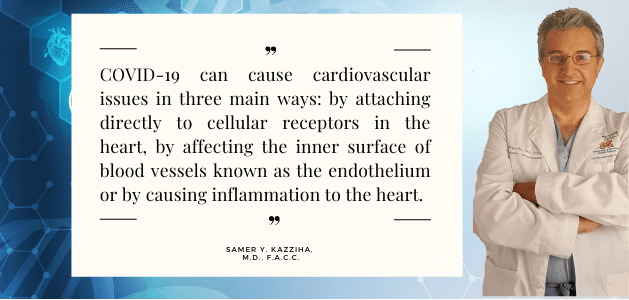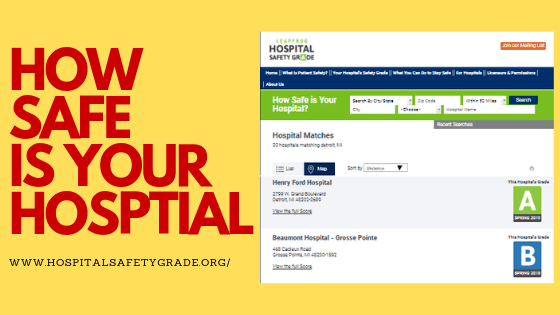
The latest on COVID-19 and how it affects the heart
After two years, long-term effects come into focus.
When the COVID-19 pandemic began, it was initially believed the disease was one that primarily affected the respiratory system. However, it didn’t take long until it became clear that COVID-19 reach went beyond the lungs and could cause symptoms throughout the body, including the cardiovascular system.
According to Dr. Samer kazziha, Henry Ford Health System cardiologist and chief of cardiovascular services at Henry Ford Macomb Hospital, SARS-CoV-2, the virus that causes COVID-19, can cause cardiovascular issues in three main ways: by attaching directly to cellular receptors in the heart, by affecting the inner surface of blood vessels known as the endothelium or by causing inflammation to the heart. In turns, patients can experience micro, or inflammation of the heart, heart attacks, heart failure or stress-induced cardiomyopathy,, commonly referred to as parentheses broken heart syndrome,) explains Dr. Samer Kazziha.





